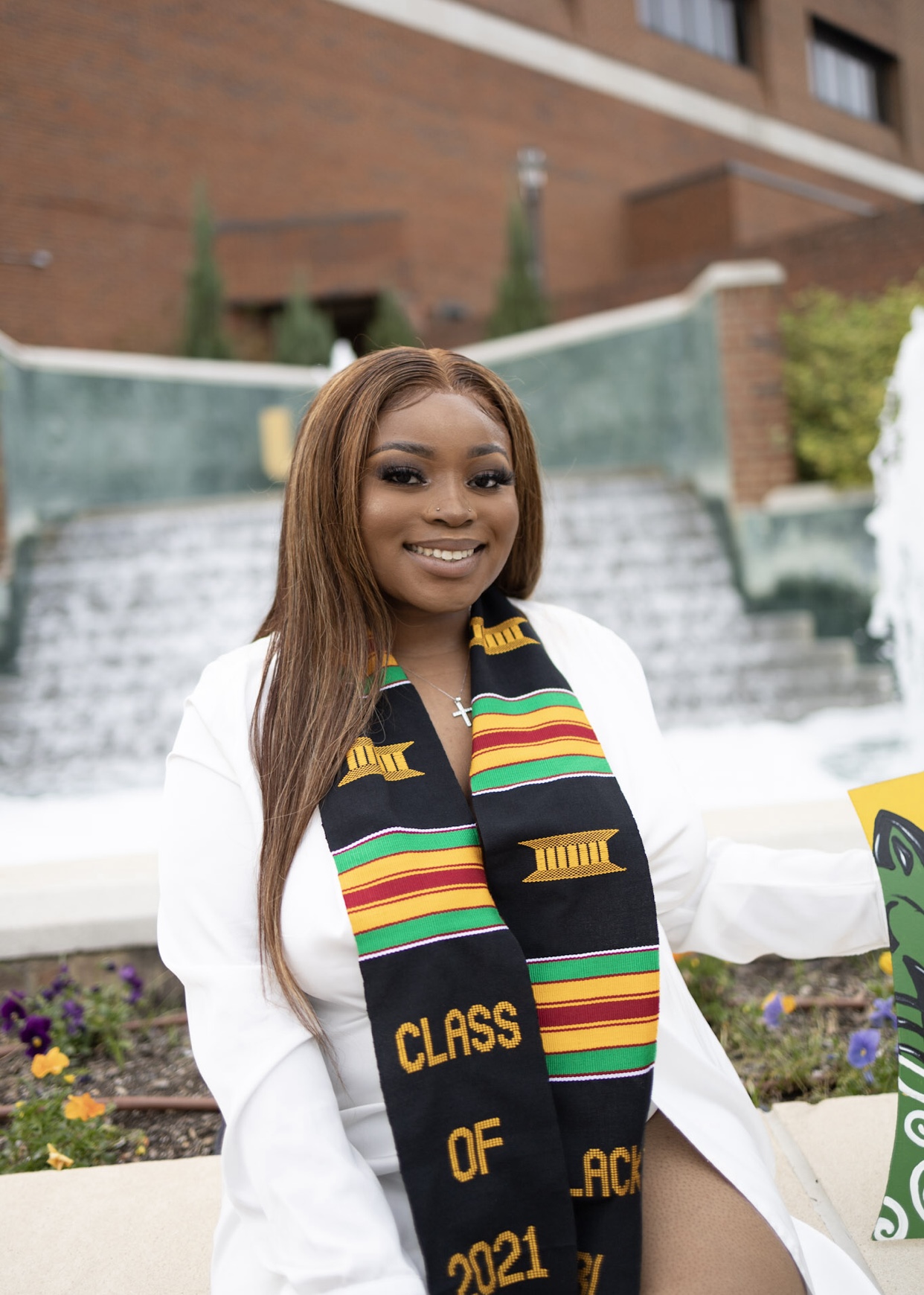This blog was written by Keyona Bibb, ACASH’s summer intern. Keyona is an MPH student at UAB.
As a young African American woman growing up in the South there was a lot about my reproductive health I did not know, but needed to know at an early age. Luckily, I had a mom who was very open with me and wanted me to know everything and to ask questions if I had them surrounding topics such as sex, puberty, relationships, abortions, vaginal health, etc. I remember being 10 years old and my mom telling me how a baby was made simply because I wanted to know. She did not get upset or try to avoid the topic and I love that because it’s why 10+ years later I am so open to talking about anything correlated to sexual or reproductive health. What we learn truly starts at home because we have always had an educational system who tip-toes around certain topics when it comes to adolescents and sexual health.
But, there was one subject my mom and I never discussed because we both were not educated on the subject. At age 15, I had two major surgeries that would change my life forever. All I can remember is being in so much pain that the nurses told me I was too loud, and then I woke up in a hospital bed, post-op. I had to have an emergency oophorectomy because I had a cyst on my ovary the size of a baseball. I was misdiagnosed with appendicitis by doctors who were all male and white. After they removed my appendix they realized it was much more, and my excellent OBGYN, who is also an African American woman, was called in to handle the cyst.
Why did they automatically assume it was my appendix? Why did they already completely remove my appendix before noticing the real problem? Of course I had a lot of “why” questions, but my main one was, why were they so quick to diagnose without analyzing thoroughly? I did not have any symptoms of appendicitis but all the symptoms of a rupturing ovary. It was after that situation that I was diagnosed with Polycystic Ovary Syndrome (PCOS). My mom and I first thought, what is PCOS and how can it be managed? African American women display different signs of this condition than white women such as hirsutism, or excess growth of hair, cardiovascular disease, weight gain, and I displayed all those symptoms during that time. Even so, the professionals were not up to date on this condition and they didn’t know how to diagnose it.
This all goes back to the education of reproductive health in Alabama over decades, with failure upon failure of misdiagnosing African American women and healthcare professionals not knowing what certain symptoms are in someone that is not the same color as them. Society is so used to seeing conditions and diseases in dominant populations that when it comes to the minority, sometimes it is overlooked, judged, or misdiagnosed. This made me realize that it is MY responsibility to pay enough attention to my body to know what is wrong so I can advocate for myself with healthcare professionals.
Now, I know more about my reproductive health than before so I am able to pass along certain information to my friends and sometimes even my mom when it comes to noticing changes in our body. I have my mom to thank for that because she always let me be so open in topics that the Alabama public school system never told me about.

